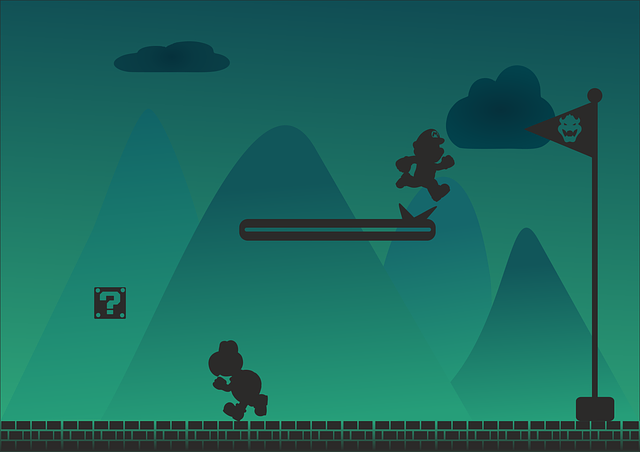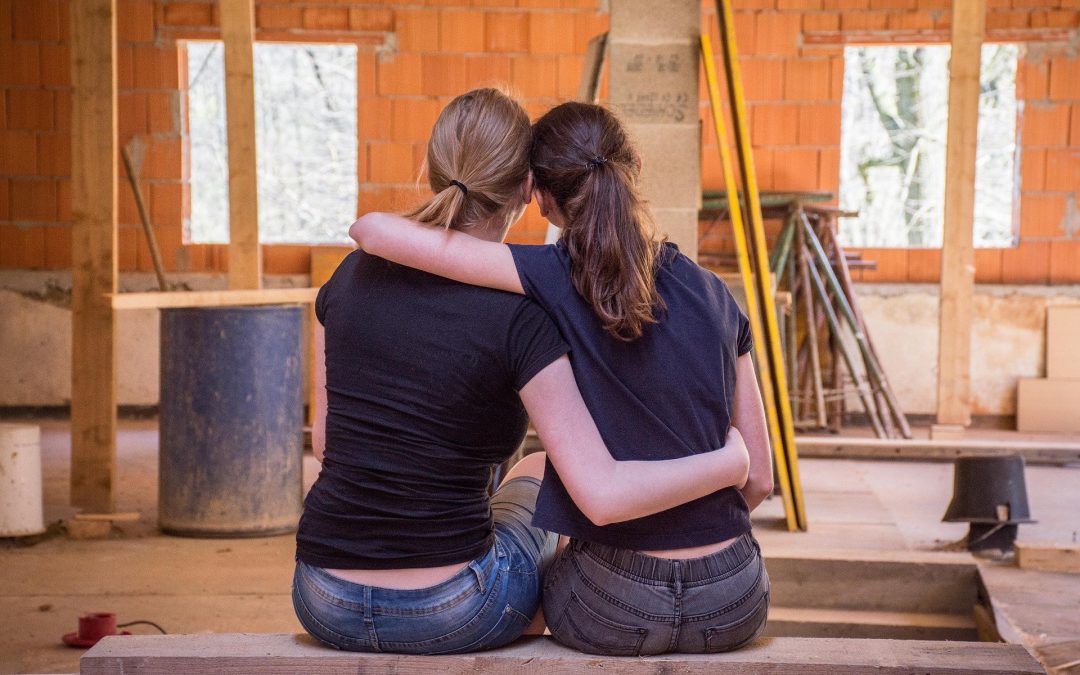Beginning new things is always exciting. Once you have a decent idea, there is nothing more beautiful than getting started. But wait. Setting up projects and activities within the framework of twinning cities can be quite a challenge. While it is good and absolutely crucial to go with the flow of the momentum, it might be useful to check pre-conditions and face upcoming obstacles and challenges to succeed. With our 5-part “First Steps”-series, we share our thoughts, tips and tricks with you. First Step: Getting started.
It’s about your readiness
To be ready to do something not only means that you have a cool idea and the will to start. It also means, to be really able to set off and deliver. The concept of readiness is often used in the field of organisational development: Organisations often feel the urgent need to change and innovate and, therefore, like to adopt or implement new ideas, structures as well as techniques. But, more often, they lack institutional readiness. Without the emotional and cognitive readiness of the organisation and its members to fully engage with the ‘new’ and create the conditions for, e.g. a new workflow, approach, product, service or strategy, it is hard to succeed. The willingness to change and the inner attitude are essential. Both aspects affect the organisation as a whole as well as the people working for it. An organisation must genuinely want to get involved in a complex undertaking that takes a critical look at many factors: Human resources, previous structures and processes, the persuasiveness of the organisation’s purpose and goals – not to forget: the budget. This similarly holds true for small groups, initiatives or associations and also, for instance, for your potential partners. So, once you have a brilliant idea, commence by starting to shape a perfect initial environment and situation.
While developing the project, also think of the following questions:
1. What thrives me? What is my motivation? Who shares my view and passion? And to what extend?
2. What do we need to succeed? What can I bring in? What do I expect from my mates or colleagues?
3. Does the project or idea contribute to the goals of my organisation?
When you have a clear view of your (internal) initial situation, you can focus ‘the others’.
Because: It’s about the readiness of you and your partners.
Map & Scan

Projects with people or organisations from twinning cities are always international and involve a variety of different actors. Sounds relatively trivial and straightforward, right? It does, but at the same time, many innovative ideas and exciting projects are suffering from not being prepared for a more complex field. It might even happen even when they are tackled with the clear intention to keep things simple and not get lost on the way. But why not following the better rule – ‘Keep it simple & be well prepared’.
For this, we need another bunch of questions to be answered:
1. Whom and what do we need in order to succeed?
2. Who should and who has to be involved? And why?
3. Do we already have the right contacts or connections? If not, how and in what stage do we approach them?
4. What are the goals and strategic interests of our potential partners? Are there converging goals or interests?
5. How can they contribute?
6. Are other initiatives or partners out there working on the same idea? And how can we deal with them?
Jump & Run

Have you played some jump & run games when you were younger? Then you probably experienced that many unexpected obstacles might suddenly cross your way. However, if you were (internally) prepared, knew how to jump and observed the game world correctly, you could easily overcome the difficulties and even collect some additional points — the same counts for the real world. If you anticipate obstacles and challenges systematically, you do not lose energy through panicking and troubleshooting. You save a lot of energy for the aspects that can take you forward. Too often projects start with verve and get stuck, because of insufficient planning, resources, funding or overseen problems like political interests, wrong partners or even language barriers.
Being able to anticipate as many obstacles and challenges as possible is the result of your prior mapping and scanning process, and the ability to imagine and monitor the situation appropriately. The Twin City Lab offers both: Help with a systematical mapping and anticipation as well as the support to enable you to expand your skills.
As you can imagine, many volunteer projects tend only to enjoy the start instead of thinking of rather strategic questions. Merely starting off is more fun and facing complexity daunts them. But what if we are ‘Getting started and embrace complexity’, to spend more time on the things that really matter.
We know: Beyond these general questions and strategic reflections you and your projects might need some ‘hand on-skills’ like ‘project management’, ‘communications’ or ‘fundraising/budgeting’.
So, stay tuned for ‘First Steps #2’.

